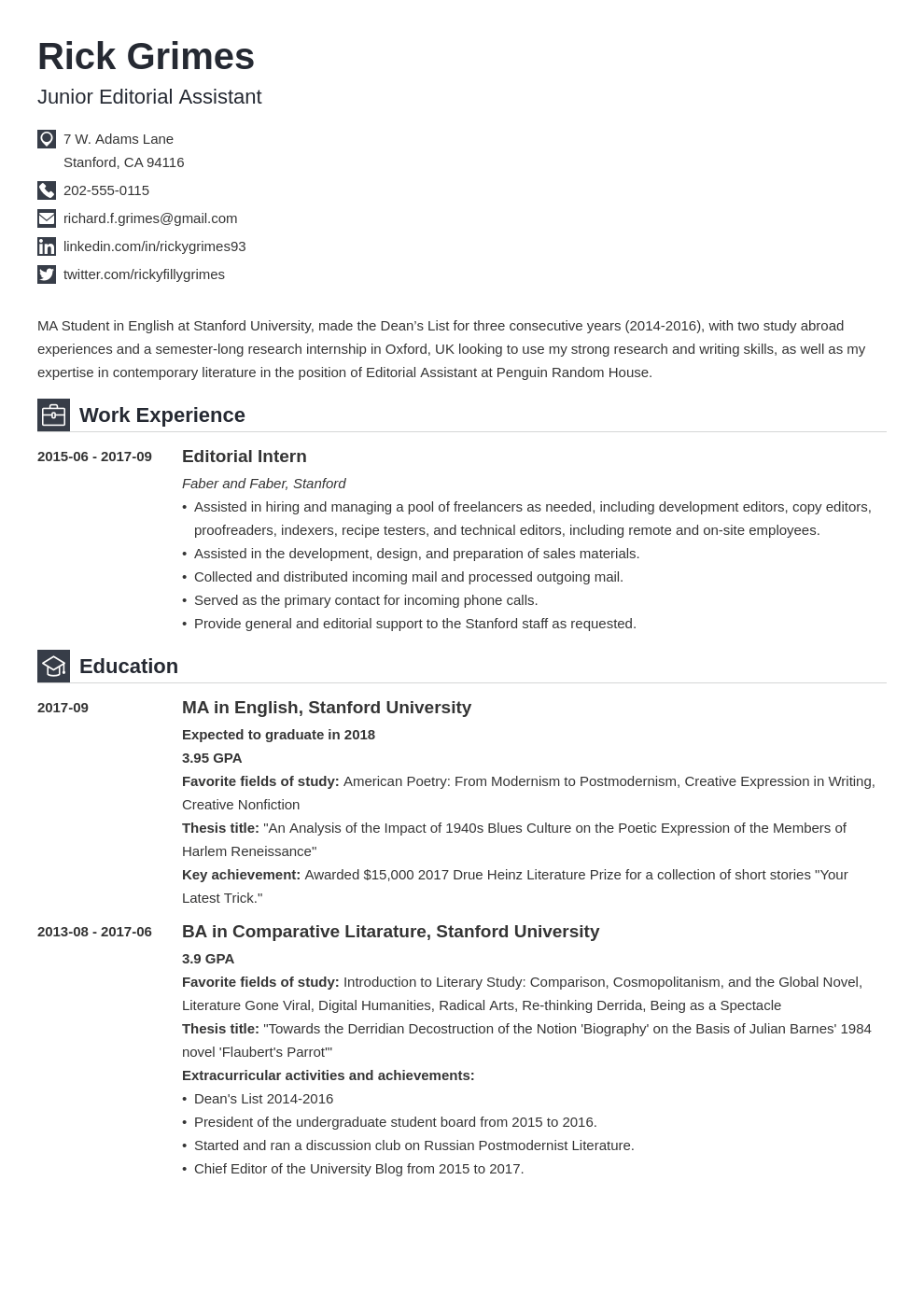Navigating the academic and professional world as a graduate student can be quite a journey, and one of the first major hurdles often involves creating a compelling curriculum vitae. Unlike a standard resume, a CV for a graduate student needs to meticulously showcase your academic achievements, research experience, publications, and teaching background. It’s a comprehensive document that tells the story of your intellectual pursuits and future potential.
Crafting such a detailed document from scratch can feel daunting, especially when you are juggling coursework, research, and possibly teaching responsibilities. That’s where a well-structured CV template for graduate students comes into play, providing a clear framework that guides you in presenting your unique qualifications effectively and professionally, helping you stand out in competitive applications for grants, post-docs, or even academic positions.
Crafting Your Graduate CV: Key Sections to Include
When you are putting together your graduate CV, think of it as your academic passport. It is designed to offer a detailed and comprehensive overview of your scholarly journey, highlighting everything from your educational background to your most intricate research projects. Unlike a traditional resume that might focus on work experience and skills for an industry job, your graduate CV emphasizes your intellectual contributions, academic prowess, and research capabilities, making it a distinctly different document.
Your CV should meticulously document your progress, starting with your contact information, followed by a robust education section. Here, you’ll list not just your degrees and institutions, but also specifics like your thesis or dissertation title, your advisor’s name, and any notable academic honors or distinctions you received. This section sets the stage for the rest of your academic narrative, providing context for your specialized knowledge.
Education Details and Beyond
Beyond your core educational achievements, the truly impactful sections of a graduate CV delve into your practical academic experience. This includes a dedicated space for your research experience, where you can detail projects, methodologies, and outcomes. Publications and presentations are vital, showcasing your contributions to your field through peer-reviewed articles, conference papers, or invited talks. Teaching experience, whether as a teaching assistant or instructor, demonstrates your ability to communicate complex ideas and mentor others. Additionally, any awards, scholarships, or grants you’ve received speak volumes about your recognition within the academic community. Remember to also include a section for your technical and language skills, especially if they are relevant to research or specific academic roles.

* Research Experience
* Publications and Presentations
* Teaching Experience
* Awards and Grants
* Skills (technical, software, language proficiency)
* Relevant Coursework (especially for specific applications)
Each of these sections should be tailored to emphasize your most relevant accomplishments for the specific opportunity you are applying for. While a template provides structure, the content within must be customized to make the strongest possible case for your candidacy, always keeping the reader’s needs and the position’s requirements in mind.
Tips for Optimizing Your Graduate CV
Making your graduate CV shine means going beyond just filling in the blanks. It is about presenting your qualifications in a way that is not only informative but also highly persuasive and easy to digest for busy faculty members or hiring committees. A well-optimized CV tells your story clearly and concisely, making your unique value immediately apparent to anyone reviewing it. Pay close attention to readability, ensuring a clean layout and consistent formatting throughout the document.
One of the most effective ways to enhance your CV is by using strong action verbs to describe your experiences and achievements. Instead of merely listing tasks, quantify your accomplishments whenever possible. For example, instead of saying “researched data,” try “analyzed complex datasets, leading to a 15% improvement in predictive model accuracy.” This approach provides concrete evidence of your impact and skills, making your contributions more tangible and impressive to the reader.
Furthermore, ensure your CV is absolutely error-free. Proofreading is not just a suggestion; it is a critical step. A single typo or grammatical mistake can detract from your professionalism and attention to detail. It is highly recommended to have peers, mentors, or career advisors review your CV before submitting it. Their fresh eyes can catch errors you might have overlooked and offer valuable feedback on content clarity and overall impact.
* Tailor your CV for each specific opportunity you pursue.
* Highlight your research and academic contributions prominently.
* Use strong action verbs to describe your responsibilities and achievements.
* Quantify your accomplishments whenever possible (e.g., “managed a project leading to X% efficiency”).
* Keep it concise and easy to read, typically 2-3 pages for a graduate CV, depending on your experience.
* Proofread meticulously and ask others to review it for clarity and errors.
Remember, a good CV template for graduate students provides the essential skeleton, but it is your unique accomplishments and the way you articulate them that truly bring it to life. Investing the time in refining each section will significantly increase your chances of securing those coveted academic or research positions.
Ultimately, your curriculum vitae is more than just a document; it is your professional narrative, a testament to your hard work, intellectual curiosity, and future potential. Taking the time to craft a comprehensive, well-organized, and compelling CV is a critical step in your academic and professional journey. It opens doors to new opportunities, from securing grants and fellowships to landing prestigious post-doctoral positions or even faculty roles.
By meticulously detailing your research, publications, teaching experience, and academic achievements, you are not just listing credentials; you are building a powerful case for your expertise and dedication. This carefully constructed document will serve as your advocate, speaking volumes about your capabilities long before you ever have the chance to meet your potential mentors or employers in person.
